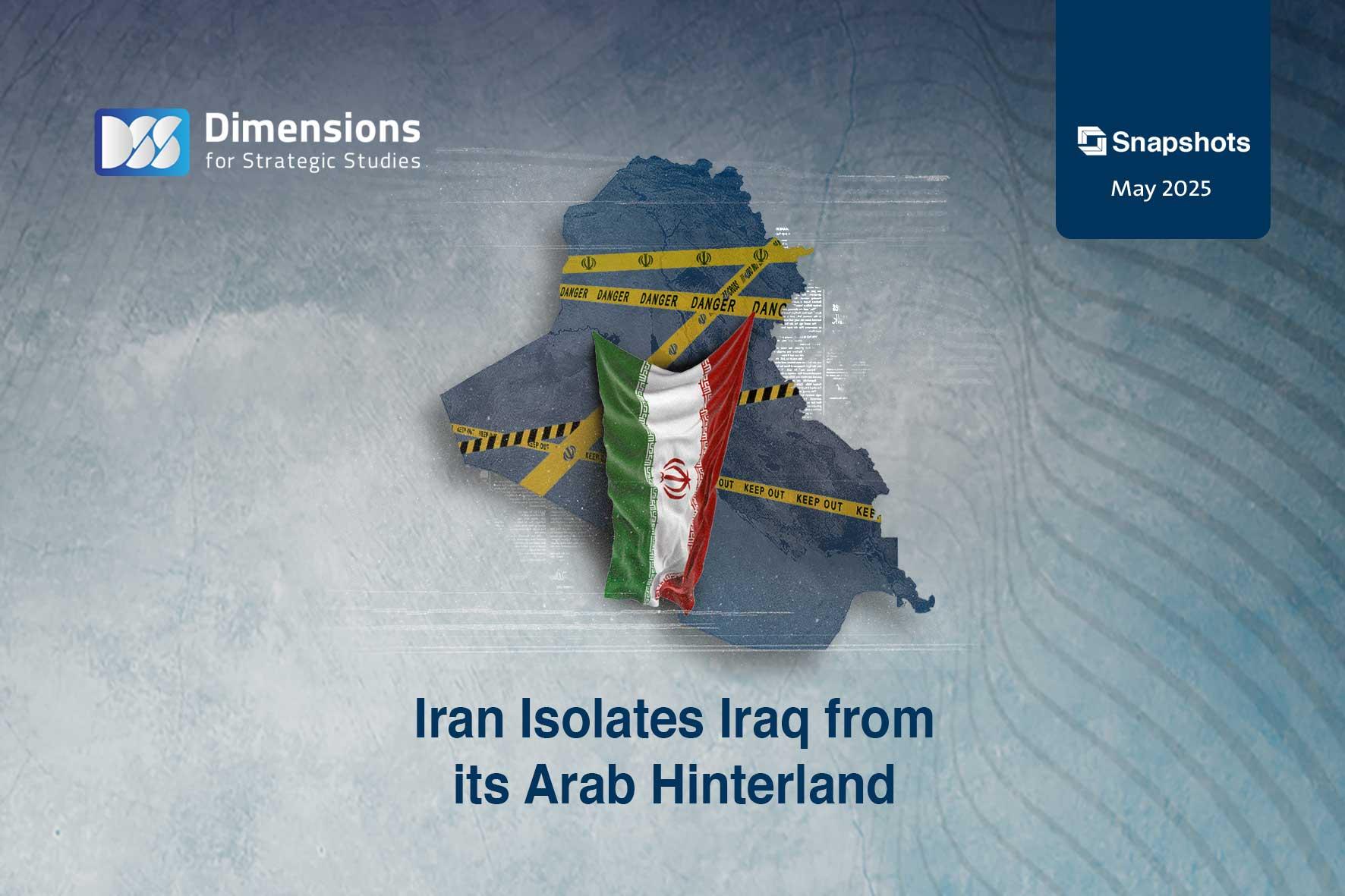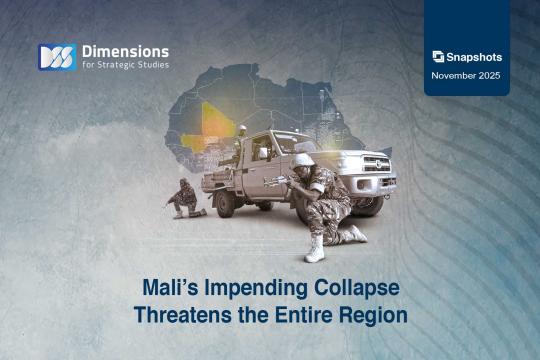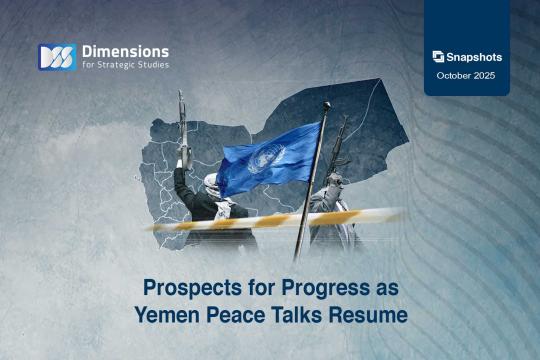
Iran Isolates Iraq from its Arab Hinterland
2025-05-197122 view
Iran’s regional role may have been sharply rolled back since 2023, but it remains a key powerbroker in one arena: neighboring Iraq. The Islamic Republic’s determination to cling to its influence in Baghdad was starkly demonstrated in the failure of the Arab Summit hosted by Baghdad on May 17. The gathering took place in the absence of key Arab leaders, and Qatari Emir Tamim bin Hamad left early, without delivering a speech.
Prior to the summit, Iran had used its allies within the Iraqi system to block the attendance of Syria’s new leader, President Ahmed al-Sharaa. Media outlets affiliated with Iraq’s pro-Iranian parties had threatened al-Sharaa and created a menacing atmosphere around his visit, which ultimately obliged Damascus to send Foreign Minister Asaad al-Shaibani as head of his country’s delegation to the summit.
Several weeks before the gathering, Iraqi parties affiliated with Iran also provoked a crisis with Kuwait. The Iraqi Federal Court, which is controlled by Iranian ally and former prime minister Nouri al-Maliki, issued a ruling postponing the ratification of an agreement over navigation of the Khor Abdullah channel, which separates southern Iraq from northern Kuwait. That upset Kuwait and the Gulf states.
Then, a few days before the summit, Iran dispatched Quds Force Commander Esmail Qaani to Iraq, coinciding with US President Donald Trump’s tour of the Gulf states, subtly indicating Iran’s commitment to its influence in Iraq and its unwillingness to lose what remains of its clout across the region.
Moreover, Iran is coordinating with certain factions within the Kurdistan Workers’ Party (PKK), stationed in Iraq and Syria, urging them not to lay down their arms and reach a resolution to their decades-long struggle against Ankara, despite the movement having dissolved itself inside Türkiye. Tehran is hoping that continued unrest, particularly in Syria, will undermine the new Syrian administration, which the Islamic Republic views as hostile.
Tehran’s rulers realize that stability in Syria would allow Damascus to reposition itself within a regional axis that is hostile to Iran. Accordingly, they appear to be working to prevent stability from taking hold in Syria. On the other hand, Tehran’s acquiescence to a reduction in its influence in Iraq would deprive it of its margin of maneuver in a vital arena that it still wishes to exploit for its own interests.
In summary, Iran has confirmed its ability to isolate Iraq from its Arab heartland and from neighboring countries. That is despite Baghdad’s extensive efforts to demonstrate balance and formulate a policy consistent with the bare minimum of Iraq’s own interests—independent of what Iran wants.





